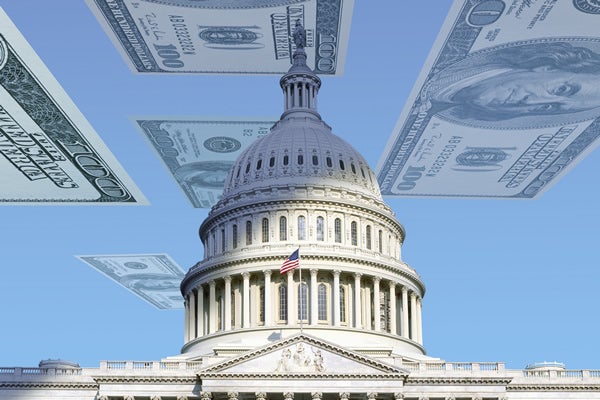The Joint Committee on Taxation (JCT) finally updated the antiquated way it analyzes business taxes. The update is an important and long-overdue step that will modernize and vastly improve the way JCT scores bills and aid in the drive for tax reform.
JCT plays an integral part in improving policy by estimating how much legislation would change federal revenues and the tax burdens of various income groups. Members of Congress rely upon these analyses to determine their position on legislation.
Until now, JCT did not apply business taxes to individuals, even though there is universal agreement that individuals ultimately bear the burden of business taxes in the form of lower returns on investments, lower wages, and fewer jobs. Other agencies, such as the Congressional Budget Office and the Treasury Department, have long distributed business taxes to individuals in their analyses.
Now that it has finally updated its methodology, JCT will assume that business taxes are paid 75 percent by the owners of capital and 25 percent by workers. The proper allocation of business taxes between workers and shareholders will remain an ongoing debate, but it is undoubtedly a positive development that JCT is finally assigning business taxes to them in any proportion.
Tax reform will be a major beneficiary of JCT’s update methodology. Tax reform should maintain distributional neutrality. For political viability, it cannot shift the current distribution of the burden down by raising taxes on the middle class. Nor should it further shift it onto high-income individuals, hampering their ability to create jobs.
Congress needs an accurate snapshot of what the current distribution is in order to maintain distributional neutrality in tax reform, and JCT’s new methodology will provide a more accurate depiction of it.
JCT should seek to improve its methods in other areas where it is lacking. It should also continue to provide transparency so outside analysts can offer constructive feedback to help JCT further improve its analysis of legislation.
The better JCT becomes at scoring tax bills, the better for advancing sound policy that will strengthen the economy.
